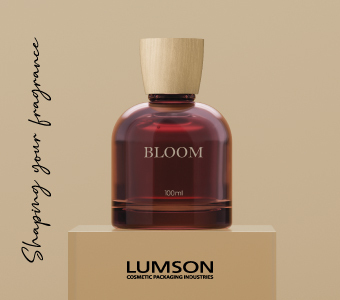The impact of the current health crisis on several economic sectors, including tourism, luxury goods, and prestige fashion and beauty retails, is likely to be worse than during the SARS epidemic in 2002/2003 or the swine flu crisis in 2009, simply because so many more Chinese people travel abroad and buy these products than back then.

In this context, high-end fashion and beauty brands are logically displaying support to their key market in Asia, pledging millions of dollars to support the fight against the novel coronavirus. The Kering Group, parent company of brands including Gucci, Saint Laurent, Balenciaga, Alexander McQueen, and Ulysse Nardin, announced on Tuesday that it would donate CNY 7.5 million (USD 1.08 million) to the Red Cross Foundation in Hubei. On Monday, Paris-based fashion conglomerate LVMH Moët Hennessy, which owns Louis Vuitton, Fendi, Celine, and Christian Dior, pledged CNY 16 million (USD 2.3 million) to the Chinese Red Cross Foundation. French personal care company L’Oréal pledged to donate CNY 5 million, while U.S. cosmetics company Estée Lauder promised CNY 2 million; and Austrian producer of glass Swarovski CNY 3 million.
Travel retail and beyond
The travel industry is the first to be impacted. Mainland China with its 1.3 billion inhabitants is the top contributor to world tourism numbers with 159 million foreign trips in 2019 according to GlobalData.
Most Chinese tourists go elsewhere in Asia, most often to Hong Kong, Macao, Taiwan, Thailand, South Korea, Japan and Vietnam. When they venture further afield it’s usually to Europe, the United States or Australia. France is their top destination in Europe, with 2.2 million Chinese visitors in 2018, followed by Germany, Italy and the UK.
The detrimental impact of the outbreak on air passenger numbers will also cause concern for airport retailers. “Over the last few years airport retailers, especially those in Europe, have tailored their propositions, integrated Chinese payment solutions and invested in Mandarin-speaking staff to target Chinese passengers and maximize sales growth opportunities,” says Honor Strachan, Principal Analyst at GlobalData.

In 2003, SARS caused tourism spend in China to collapse while visitor numbers to Thailand, Malaysia, Singapore and Hong Kong significantly dropped off, causing airlines to ground planes and reduce flight schedules. Coronavirus has already dented retail and leisure spending across the Chinese New Year holiday due to consumers being encouraged, and in some cases forced, to stay in and avoid travel.
In response to the crisis, retailers are considering closing stores, with the China Duty Free Group closing its mall in Haitang Bay – impacting the APAC duty free market in 2020.
“Asia Pacific is forecast to be the fastest performing region for airport retail spend in 2020, with sales rising 8.4% to US$21.7bn - 45.1% of the global channel. If the coronavirus continues to spread globally over the course of 2020 its impact on tourism and economies, particularly across APAC, could be severe,” adds Strachan.
And the crisis effects will be felt beyond airports, hotels, restaurants and tourist sites. As tourists, and specifically Chinese tourists are also big spenders, the shockwaves will probably impact most luxury and premium brands. Actually, the crisis has already sent Japan’s key Nikkei index plunging, with stock in Shiseido falling more than five percent on Monday.


































